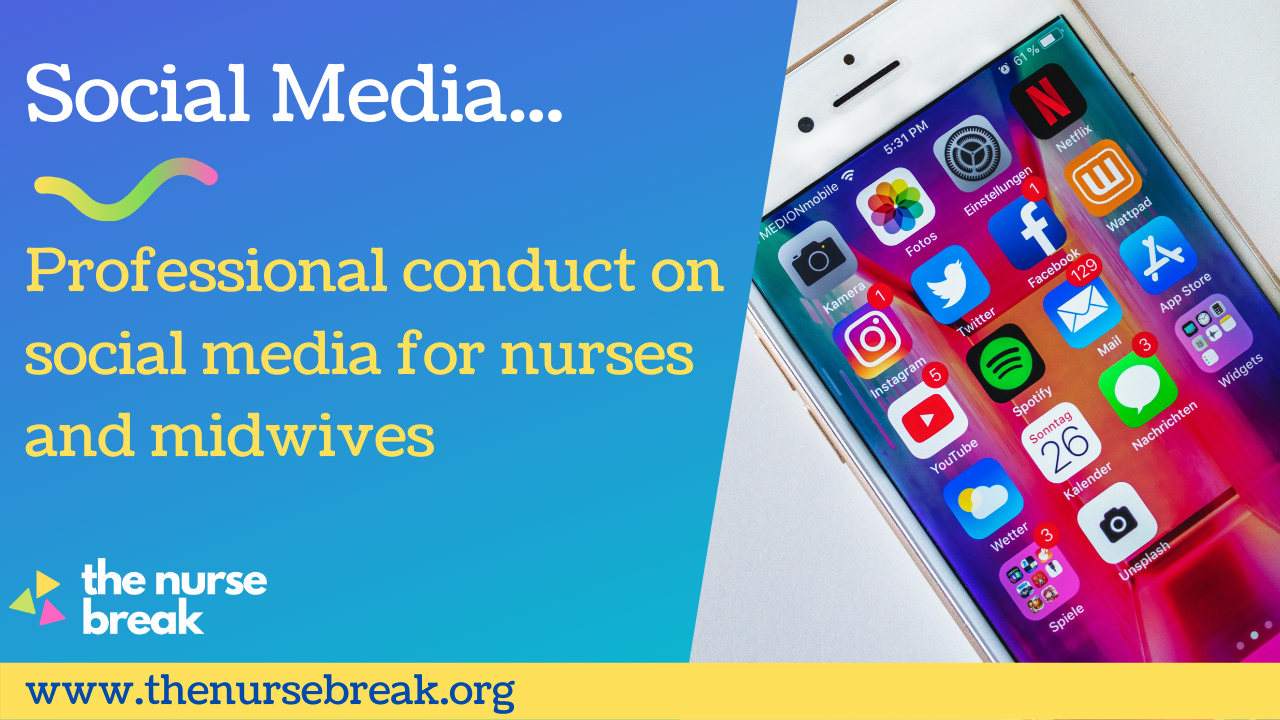Table of Contents
The following is from the Nursing & Midwifery Council of NSW, however the underlying principles and information is relevant across Australia.
For more important articles go here.
Professional conduct on social media
Social media is an easily accessible public forum which can be open to misinterpretation or used inappropriately.
Health practitioners must be alert to how inappropriate conduct on social media can lead to complaints of unprofessional conduct or professional misconduct. The NSW Health Professional Councils have recently seen an upturn in the number of complaints about how some practitioners are using social media to express personal views on Covid related issues.
The public nature of social media means a single post is instantly widely available. Content can quickly be copied and presented to another audience, without the consent of the person who made the original post. Sharing of information or even ‘likes’ can be construed as endorsement of inappropriate content.
The pressures of the COVID-19 pandemic, mandated vaccinations and testing have contributed to increased social media activity by health practitioners. Complaints about the professional conduct of practitioners have been received by Councils where content has been inconsistent with public health orders, or reputable scientific evidence. Practitioners are also reminded that breach of public health orders is an offence.
The role of Councils is to protect public safety. This involves receiving complaints about health practitioners, assessing the complaints in consultation with the HCCC, and managing complaints. Regulatory action taken by Councils may include conducting hearings, placing conditions on practice and, for serious matters, registration may be suspended.
Whether practitioners are commenting in social media about Covid or other matters, there is a professional responsibility to ensure adherence to the National Law, National Board Standards, Guidelines and Code of Conduct.
Any social media activity that is in conflict with these professional responsibilities is deemed inappropriate.
Examples of inappropriate social media activity that may result in complaints about practitioners and action by Council include:
- Activity that contradicts public health orders, public health messaging or reputable scientific evidence including:
- Making comments, endorsing or sharing information, posting ‘likes’ or ‘dislikes’ with or without additional comments
- Being photographed or videoed engaging in activities or events that are in conflict with professional responsibilities.
- Providing health advice on areas outside the scope of the profession or individual professional competencies.
- Commenting on a post made by a patient that could be seen as breaching the patient’s privacy.
- Unprofessional, disrespectful or threatening communications with or about patients and/or other practitioners, including through closed group social media channels.
Meet your professional responsibilities by:
- complying with professional obligations as defined in the National Boards’ Code of conduct
- complying with confidentiality and privacy requirements
- maintaining professional boundaries with patients, colleagues and employers
- communicating professionally and respectfully with or about patients, colleagues and employers
- ensuring any advertising or information presented is not false, misleading or deceptive
- only supporting information that is consistent with public health messaging and reputable scientific evidence.
Do you need further details?
Find more information on social media guidelines, your professional obligations under the National Law and the code of conduct for registered practitioners at these links or on the Ahpra website.





